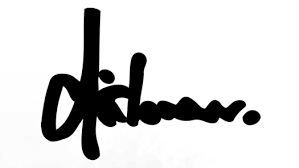记忆方法
将“dishonour”分解为“dish”和“honour”。记住“dish”作为“脏碗”的意思,而“honour”是“荣誉”。想象一个脏碗玷污了荣誉,从而得到“dishonour”意味着“耻辱”或“不名誉”的含义。
以上内容由AI生成, 仅供参考和借鉴
英语词源
- dishonour
- chiefly British English spelling of dishonor; also see -or. Related: Dishonoured; dishonouring; dishonourable; dishonourably.
权威例句
- 1. It would dishonour my family if I didn't wear the veil.
- 如果我不戴面纱就会有辱门楣。
- 2. There's no dishonour in losing.
- 失败并不是耻辱.
- 3. Death was considered vastly preferable to dishonour.
- 可杀不可辱.
- 4. We had to choose between death and dishonour.
- 我们必须在死亡和耻辱之间进行选择.
- 5. He chooses death before dishonour.
- 他宁愿死也不愿受辱.
